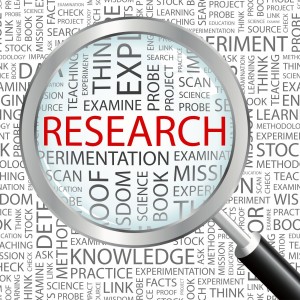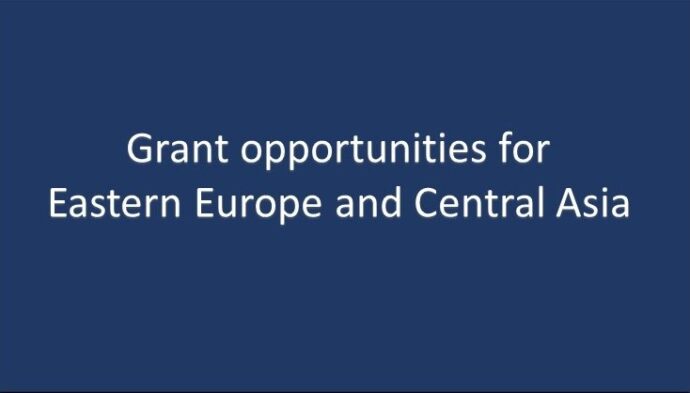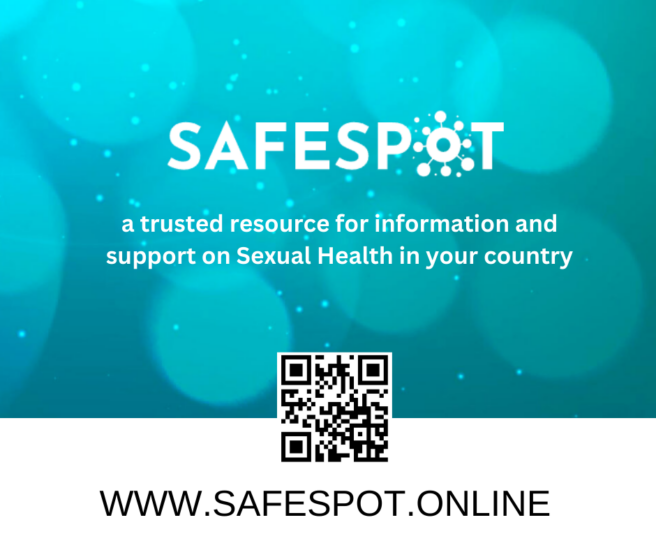 AIDS Foundation East-West (AFEW) will hold a seminar to offer community-based organisations and individuals in Eastern Europe and Central Asia a research opportunity on the needs and priorities for key populations. The findings of the research will be used to design future successful intervention programmes.
AIDS Foundation East-West (AFEW) will hold a seminar to offer community-based organisations and individuals in Eastern Europe and Central Asia a research opportunity on the needs and priorities for key populations. The findings of the research will be used to design future successful intervention programmes.
The seminar on how to conduct research will take place on March 24 at the 5th Eastern Europe and Central Asia AIDS Conference (EECAAC) in Moscow. The seminar is open to all interested community-based organisations and individuals representing or working for people living with HIV, people who use drugs, sex workers, prisoners and men who have sex with men in Eastern Europe and Central Asia.
At the seminar AFEW will introduce a small grants programme to which organisations and/or individuals with interesting and unique research proposal can apply. The grant programme is available in the framework of preparations for the XXII International AIDS Conference in 2018 in the Netherlands. Successful grantees can submit abstracts for AIDS-2018.
For more information about the seminar or the research please visit www.afew.org or contact AFEW International at +31 20 638 1718 or via e-mail: info@afew.nl. AFEW is also available on Facebook: www.facebook.com/AidsFoundationEastWest.
—
The 5th Eastern Europe and Central Asia AIDS Conference (EECAAC) will be held on March 23-25 in Moscow’s World Trade Centre. For this seminar’s exact venue and time please check the programme timetable on http://www.eecaac2016.org/.
AIDS Foundation East-West (AFEW) is a network of independent public organisations working in Eastern Europe and Central Asia to promote health and increased access to prevention, treatment and care for public health concerns such as HIV, TB, viral hepatitis and sexual reproductive health and rights. AFEW’s focus and objectives reflect the needs of the local societies and include:
- Capacity building of grassroots and governmental organisations;
- Development of mass media campaigns;
- Development of informational and educational materials and events to inform key populations;
- Advocacy;
- Serving as an effective liaison and partnership with community and governmental structure;
- Piloting and expanding innovative approaches to HIV prevention, treatment, care and support.




